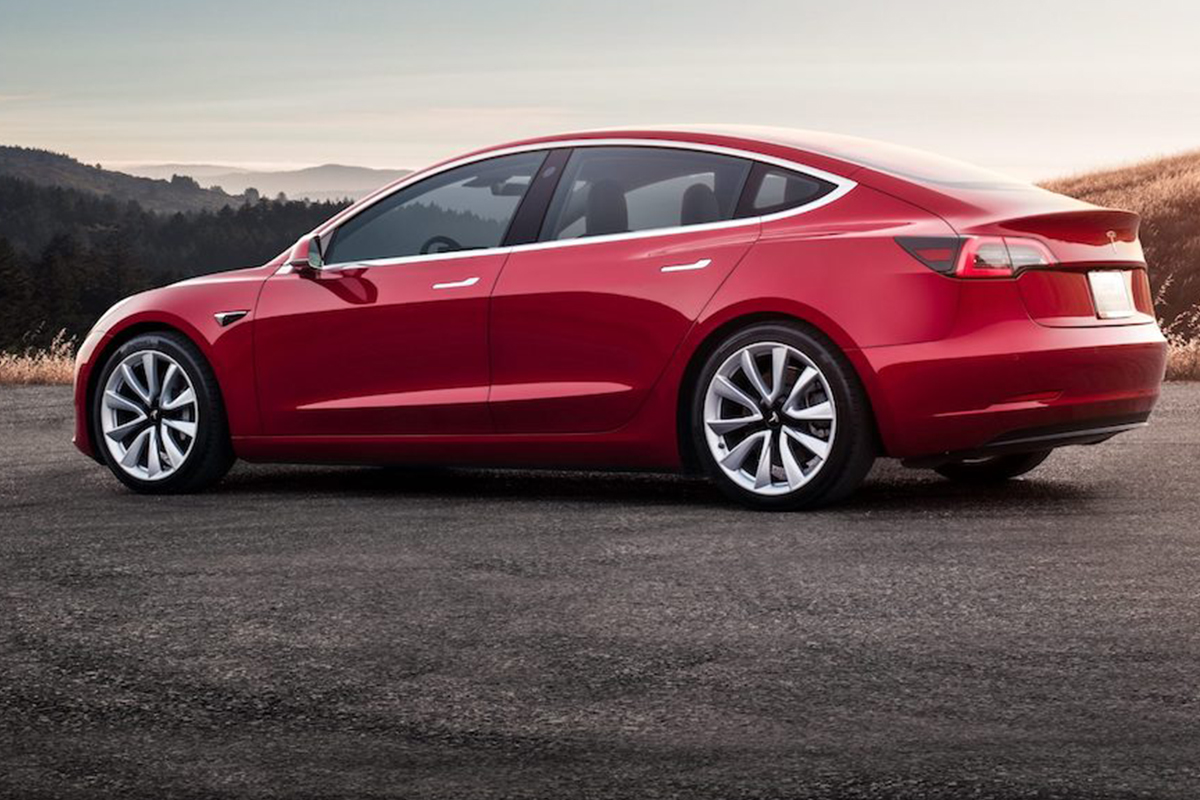More than 500,000 battery electric cars have been sold in Europe during 2020, a milestone as the automotive industry is forced to move away from fossil fuels.
Sales of all plug-in cars, including hybrids, have surpassed one million during the year in the UK and the largest 17 European markets, according to data collated by Schmidt Automotive Research. The analysis states that every 10th new vehicle bought now is an electric or hybrid electric/petrol model, with one month of the year still remaining.
In 2019, only 354,000 battery electric sales were recorded across the UK and Europe. However, new tighter emission rules are increasing consumer demand and forcing the automotive industry to develop new battery electric and hybrid models.
China has been the world’s bestselling plug-in electric passenger car market for five years running, from 2015 to 2019, with just over a million EVs sold in 2018 and 2019.
The sale of new cars that run solely on petrol or diesel will be illegal by 2025 in Norway, and by 2030 for Denmark, Iceland, Israel, the Netherlands, Sweden and the UK. France and Singapore are to ban the sale of any car that uses petrol or diesel fuel by 2040.
However, total UK and European new car sales to October was 13.3 million, with the vast majority still using petrol and diesel engines.
The automotive industry in Europe faces steep fines if they do not lower the average carbon dioxide emissions of the cars they sell.
“The main driver of the market has undoubtedly been manufacturers’ race to reach new average CO2 fleet emission targets, phased in this year,” said Matthias Schmidt, the Berlin-based analyst who collated the data.
Schmidt added that the target has been made easier to achieve by a depressed total market meaning fewer plug-ins have to be registered in order to meet compliance levels, and secondly governments’ willingness to increase both purchase and fiscal incentives – in light of the coronavirus pandemic – in key markets such as Germany, which has contributed to electric car leasing deals for under US$120 (€100) per month on offer.
Schmidt Automotive Research states the main contributor to Europe’s battery electric and plug-in market boom has come from Germany, where a purchase subsidy for a moderately priced pure electric car of up to US$10,900 (€9,000) is on offer.
Europe’s largest car market, Germany, now accounts for every fourth plug-in registered across Europe and the UK, or twice as many as in the UK during the same period.
Schmidt Automotive Research said the German passenger car market has become the first in Europe and the UK to achieve over 500,000 million plug-in passenger cars in circulation.
The government’s target is 1 million new plug-in vehicles on the road by the end of 2021.
The kilometre range of battery electric vehicles has increased across the board in 2019 but Tesla remains the global leader. Tesla’s 2020 Model 3 has multiple battery configurations available, with all versions rated to go more than 230 kilometres (200 miles) on a single charge; the Long Range model claims a range of 518 kilometres (322 miles).
The 2020 Chevrolet Bolt EV has been updated to deliver a promised 416 kilometres (259 miles) on a 100 per cent charged battery. However, tests by InsideEVs showed freeway driving reduced to around 362 kilometres (225 miles).







